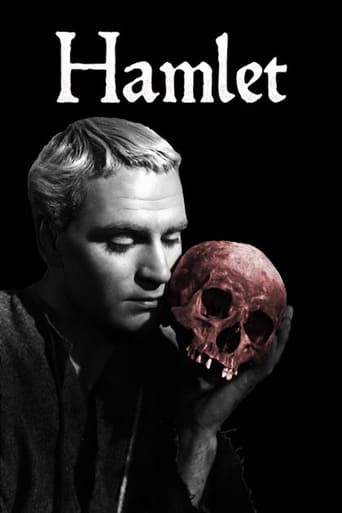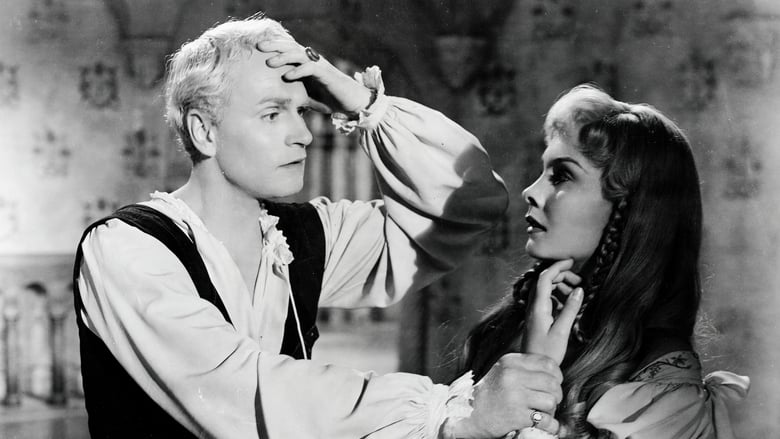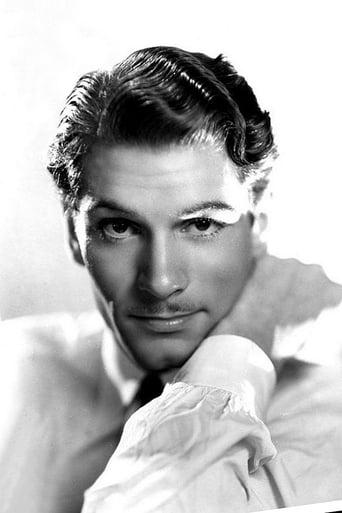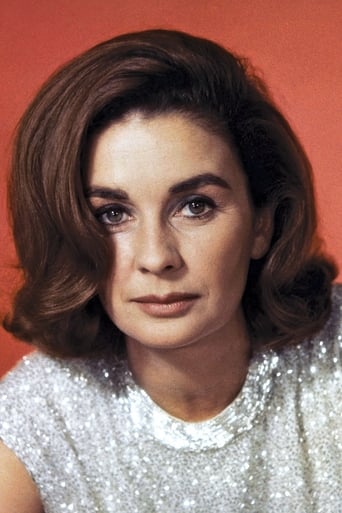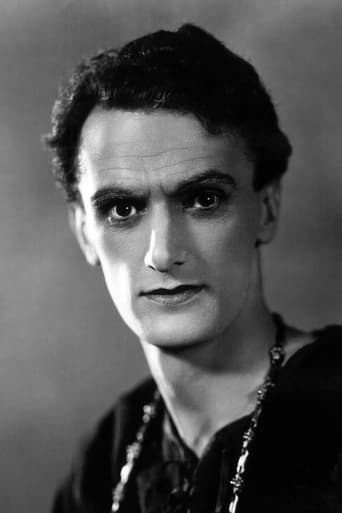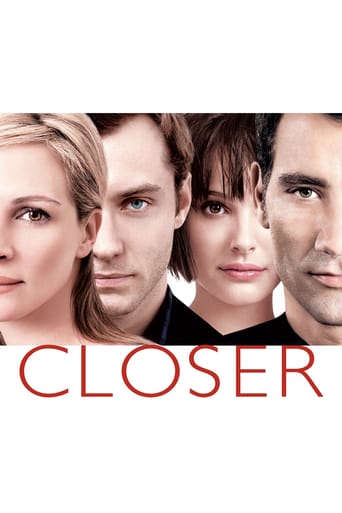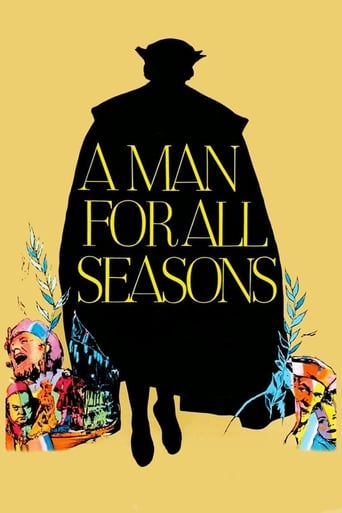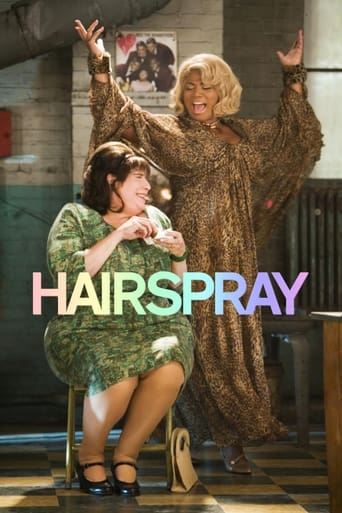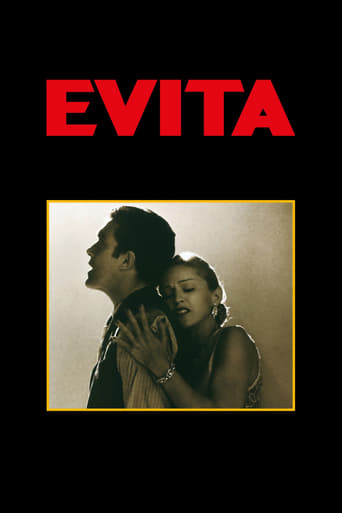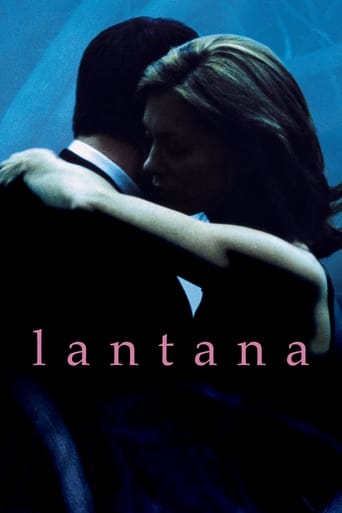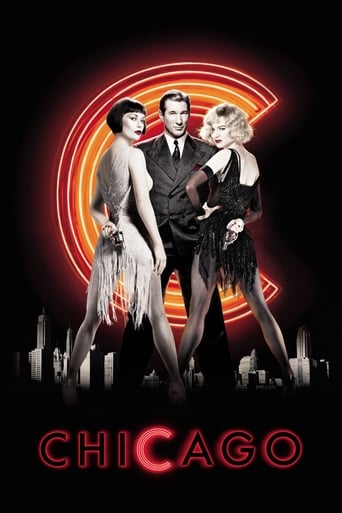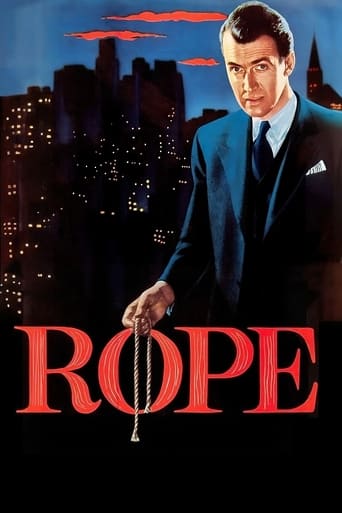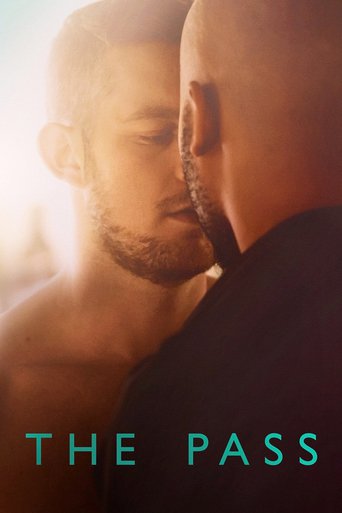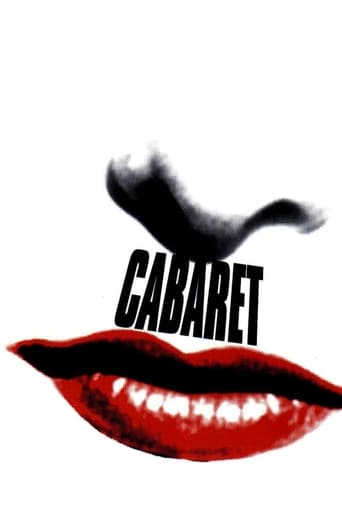Hamlet (1948)
Winner of four Academy Awards, including Best Picture and Best Actor, Sir Laurence Olivier’s Hamlet continues to be the most compelling version of Shakespeare’s beloved tragedy. Olivier is at his most inspired—both as director and as the melancholy Dane himself—as he breathes new life into the words of one of the world’s greatest dramatists.
Watch Trailer
Cast


Similar titles
Reviews
Plenty to Like, Plenty to Dislike
Funny, strange, confrontational and subversive, this is one of the most interesting experiences you'll have at the cinema this year.
Through painfully honest and emotional moments, the movie becomes irresistibly relatable
It's the kind of movie you'll want to see a second time with someone who hasn't seen it yet, to remember what it was like to watch it for the first time.
"You take Sir Laurence Olivier, for example. I saw him in Hamlet. D.B. took Phoebe and I to see it last year. He treated us to lunch first, and then he took us. He'd already seen it, and the way he talked about it at lunch, I was anxious as hell to see it, too. But I didn't enjoy it much. I just don't see what's so marvelous about Sir Laurence Olivier, that's all. He has a terrific voice, and he's a helluva handsome guy, and he's very nice to watch when he's walking or dueling or something, but he wasn't at all the way D.B. said Hamlet was. He was too much like a goddam general, instead of a sad, screwed-up type guy. The best part in the whole picture was when old Ophelia's brother--the one that gets in the duel with Hamlet at the very end--was going away and his father was giving him a lot of advice. While the father kept giving him a lot of advice, old Ophelia was sort of horsing around with her brother, taking his dagger out of the holster, and teasing him and all while he was trying to look interested in the bull his father was shooting. That was nice. I got a big bang out of that. But you don't see that kind of stuff much. The only thing old Phoebe liked was when Hamlet patted this dog on the head. She thought that was funny and nice, and it was. What I'll have to do is, I'll have to read that play. The trouble with me is, I always have to read that stuff by myself. If an actor acts it out, I hardly listen. I keep worrying about whether he's going to do something phony every minute." I had seen a preview of the movie in Galveston, Texas when I was a mere stripling of five or six years of age. I recall a blond-haired guy dressed in black wandering about the battlements of Elsinore while the soundtrack played ominous music. When I viewed the Amazon-ordered DVD later on, I could not spot the bit that "old Phoebe" liked when Hamlet patted the dog on the head. Perhaps, it was cut out by the Amazon vendors which is really a pity. I don't recall if Marcellus' perception that "something is rotten in the state of Denmark" is attributed to Marcellus or Hamlet. Anyway, to Holden Caulfield Denmark equates to him with Pency Prep, where something is 'phony' in the...etc., etc. If anyone has a VHS or DVD version of Olivier's Hamlet which includes the dog-petting scene, I would like to know--if only to validate Salinger's take on Hamlet in "Catcher in the Rye".
Of the three Shakespearean plays adapted for the screen by Laurence Olivier, this is the one with which I am the most familiar. It's been quite some time since I've read it or seen it performed but I would guess that Olivier cut a good third, if not more, of the play for this film version. Most significantly, he entirely cut out the major characters of Rosencrantz, Guildenstern and Fortinbras as well as quite a few minor ones. In spite of this, however, the story retains its general thrust - if not all the specifics - and the film is still magnificent as Olivier once again utterly excels as both an actor and a director. This was the first British or non-American film to win the Best Picture Actor and Olivier became the first actor to win the Best Actor Oscar for a film that he directed himself. The only other person to accomplish this feat was Roberto Benigni in "La vita è bella" 49 years later. Although Olivier was nominated for twelve Oscars (nine for Best Actor, one for Best Supporting Actor and two for Best Picture), this film was the only one for which he won any Academy Award.As the melancholy Dane, Olivier is absolutely wonderful. While the cuts to "Henry V" meant that the title character was shown in a very positive light, he did not hesitate - as either actor or director - here to emphasise his character's less desirable qualities such as his egotistical behaviour and his utter callousness when it comes to unintentionally killing Polonius. And yet Olivier's performance also draws attention to the character's psychological vulnerability after the murder of his father, thus eliciting sympathy. His lust for revenge has cut him off from his emotions, something which is also seen in his brutal rejection of Ophelia. Olivier also plays the ghost of Hamlet's father in the film and does a fantastic job in that role too.Speaking of Ophelia, the 18-year-old Jean Simmons is excellent, playing the role with a remarkable level of subtlety for someone of her age and comparatively limited acting experience. In spite of playing Hamlet's mother Gertrude, Eileen Herlie was almost eleven years younger than Olivier. While she unsurprisingly looks much younger than him, her very strong performance and great voice meant that I forgot this rather odd age gap existed almost as soon as she opened her mouth. Felix Aylmer, who played the Archbishop of Canterbury in "Henry V", has a far larger role in this film as Polonius and was certainly up to the task. He's just fantastic. Basil Sydney isn't as strong as I would have liked as Claudius but he is still very good. However, I don't think that there is anyone in the film who gives a bad performance. Olivier had such a great eye for casting that it's a shame that he directed a mere five films. I wish that an artist - not usually a word that I use when referring to actors - of his calibre had been more prolific behind the camera. Aside from those actors that I have already mentioned, I would like to single out Esmond Knight (who unfortunately has a far smaller role than in "Henry V"), John Laurie, Terence Morgan, Anthony Quayle and Stanley Holloway. In his first British film, Peter Cushing - one of my favourite actors who, like Olivier, played Van Helsing years later - is good in the small supporting role of the foppish Osric but his performance isn't on the same level as most of his later ones. I have to say that I have never paid so much attention to the extras in a film as in this one! This is because three actors who became very well known in later years made uncredited appearances in the film: Christopher Lee, Desmond Llewelyn and Patrick Macnee. In only his third film, Lee makes two "blink and you'll miss them" appearances just before the duel between Hamlet and Laertes. In the first instance, he appears behind his future best friend and frequent on screen nemesis Peter Cushing in what was their first of 24 films together. Llewelyn was far easier to spot as he appears quite prominently in the background of several scenes. He actually has slightly more screen time than the credited Patrick Troughton, who portrays the small but pivotal role of the Player King but doesn't have any lines. While I was on a constant lookout for Lee and Macnee (the film's only two surviving cast members), I didn't manage to spot the future John Steed. Acting aside, the film looks fantastic. In contrast to the vibrant Technicolor of "Henry V", the film was shot in black and white. Apparently, this was done more for financial than artistic reasons but the black and white cinematography adds to the sense of foreboding. The use of deep focus - probably inspired by "Citizen Kane" - is superlative. As with Orson Welles, Olivier demonstrated that he was a master of not one but two crafts in a single film. Incidentally, Olivier had hoped to make "Macbeth" after "Henry V" but the fact that Welles was working on his own version put paid to that idea. "Macbeth" has always been my favourite Shakespearean play so the fact that Olivier never got to make his version of it for the big screen is hugely disappointing, particularly since it was considered one of his best roles - and that's really saying something - and it would have starred his then wife Vivien Leigh as Lady Macbeth.Overall, the film is a masterpiece in spite of the fact that it cuts significant portions of the play. One of my Top 30 to 35 films of all time.
The only major flaw this movie has is how condensed it is. Subplots, characters, and lines are eliminated, to the point where it feels unfinished. Olivier did this for two reasons: time and more focus on Hamlet. Hamlet is Shakespeare's most complex and debated character, so Olivier condensing the movie isn't that bad. It also allows the movie more of a dark, Gothic feeling, much to Hamlet's self. But Olivier cutting out many lines, including all but the last line in the "O what a rogue and peasant slave am I" soliloquy: arguably the best soliloquy in the play, is what I didn't like. It is the most intense we see him, and it is also when he shows his main traits: sadness, anger, confusion, philosophy, wit, happiness and determination, all in the same part. It is also the play's turning point/climax (all of Shakespeare's climax's happen near the middle). Olivier including that soliloquy would has added just a couple more minutes and would have made Olivier's great performance even better. Though I have been bickering at the condensation, that is not enough to say this movie wasn't good or sucked. What makes this so good is the filming and portrayals. Sir Laurence Olivier was the greatest actor of the 20th century. Some similar actors in his time such as Gielgud, Guinness and Richardson became his greatest rivals, but none could surpass him. But on film, Olivier did crappy performances by being completely unconvincing and very robotic. This is one of those times where he would deliver a superb powerhouse performance. Plus, the delivery of the character was very plausible. Hamlet is a character that only the best can play. To do a good Hamlet, one must have strong acting and accuracy. Not just one or the other, or one outweighing the other. There is no correct way of playing Hamlet, only accuracy. The only way to attain that accuracy is by showing every kind of human emotion, all while keeping a basis for the general character (Olivier's was a man who could not make up his mind, which is the most popular and plausible generalization). Olivier's accuracy may very well be how Shakespeare intended on writing Hamlet. His strong accuracy and dazzling performance makes this one of the best portrayals in film history. If you have not studied Hamlet, you won't think so. Other than Olivier, everyone else's portrayals and accuracy were spot on too. Even Gertrude (who was noticeably 10 years younger than Oliver) was great. Kenneth Branagh's 1996 version disgraced all characters except for Horatio. What makes this a great piece of film are the camera tricks and special effects. Although Olivier did not like doing movies, he admired filmmakers and wanted to do an artful movie. For a movie in the 1940s, the ghost, smokes, and lighting were uncanny. His capturing of a dark Gothic feeling is so good and fits the play very well. He also incorporates many camera tricks that adding meaning and pull the viewer in. This is the only artful and skillfully crafted film about a Shakespearean play.
. . . or is it like they never even existed, akin to James Stewart's "George Bailey" character in the middle portion of IT'S A WOKNDERFUL LIFE? Director\star Laurence Olivier completely edited out the R&G boys (not to mention Fortinbras) from his variation of Shakespeare's play, to give himself more time on-screen. Olivier's HAMLET becomes a pirate fighter (like Captain Bligh); an international hostage (like Richard the Lionheart); a champion fencer (like Errol Flynn), and a take-down tackling avenger from on high (like Spiderman). No doubt Larry thought he was entitled to take any liberties with this story he fancied, conflating himself with the title character, since he'd had his own private version of mad Ophelia (wife Vivien Leigh). Religious faith, on the other hand, is Hamlet Junior's undoing, as he refrains from killing serial poisoner King Claudius in the castle chapel because the latter is mumbling a combination prayer\regicide\incest confession for doing in Hamlet Senior in order to mount the throne and Queen Gertrude himself. Junior abstains from the revenge mandated by Senior's Ghost (who sounds a lot like Laurence Olivier, too) since the younger Hamlet fears this would send the ruthless killer straight to Heaven!! At least Hamlet made up his mind in recommending a nunnery (as mental institutions were referred to back then) for Ophelia. Alas, she drowned herself and got buried in the unhallowed grave of Yorick, a long-dead court jester (Olivier does not repeat the Pope joke that put Yorick into unholy ground 23 years earlier). Though Hamlet offers to eat a crocodile with Ophelia's peeved brother, Laertes, the latter stabs him in the back. After everyone dies, the rest is alleged to be silence by Olivier (though he apparently forgot to mention that to the Motion Picture Academy Oscar voters).

